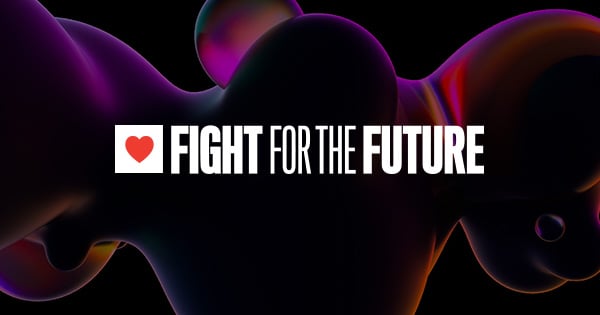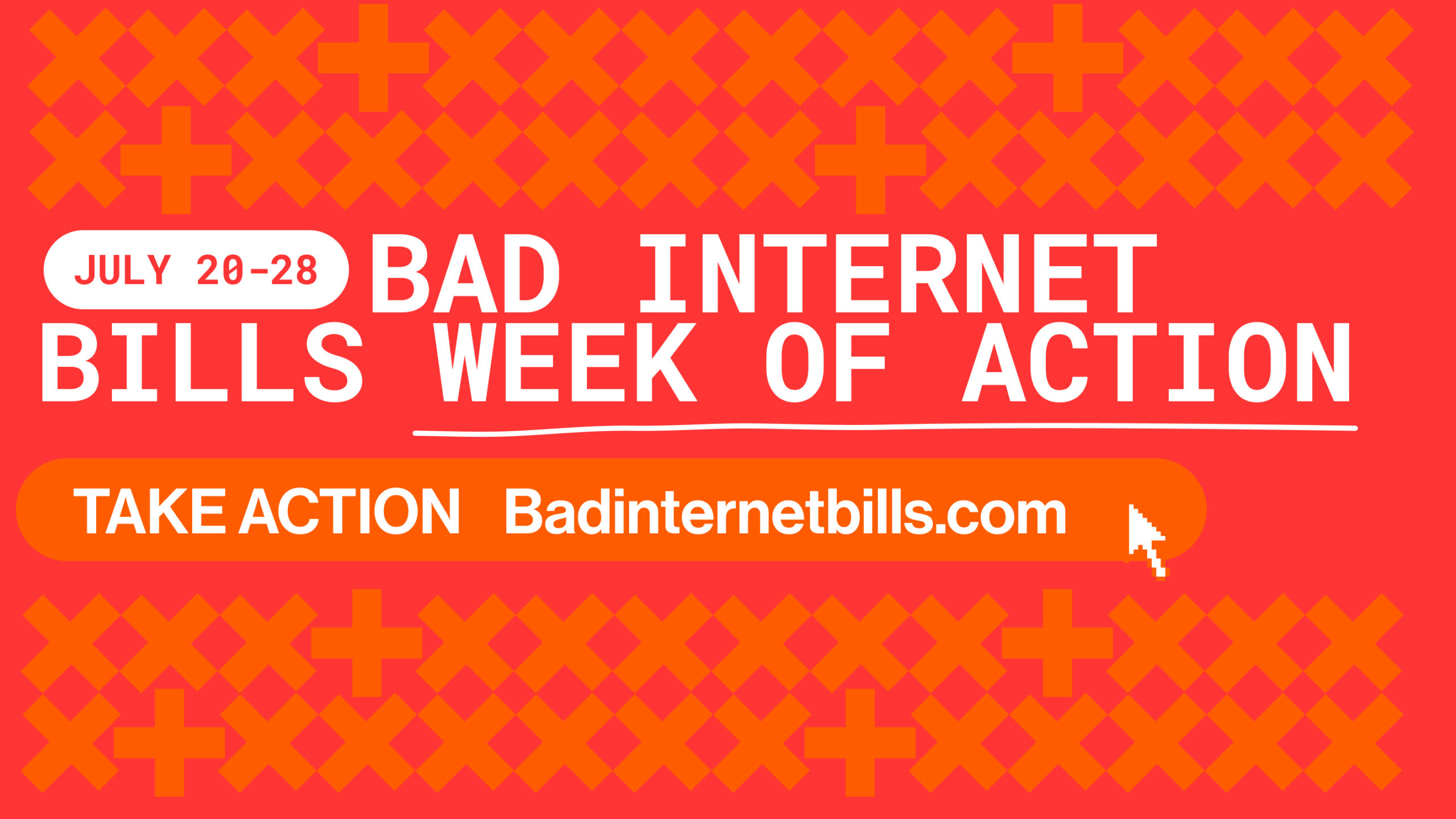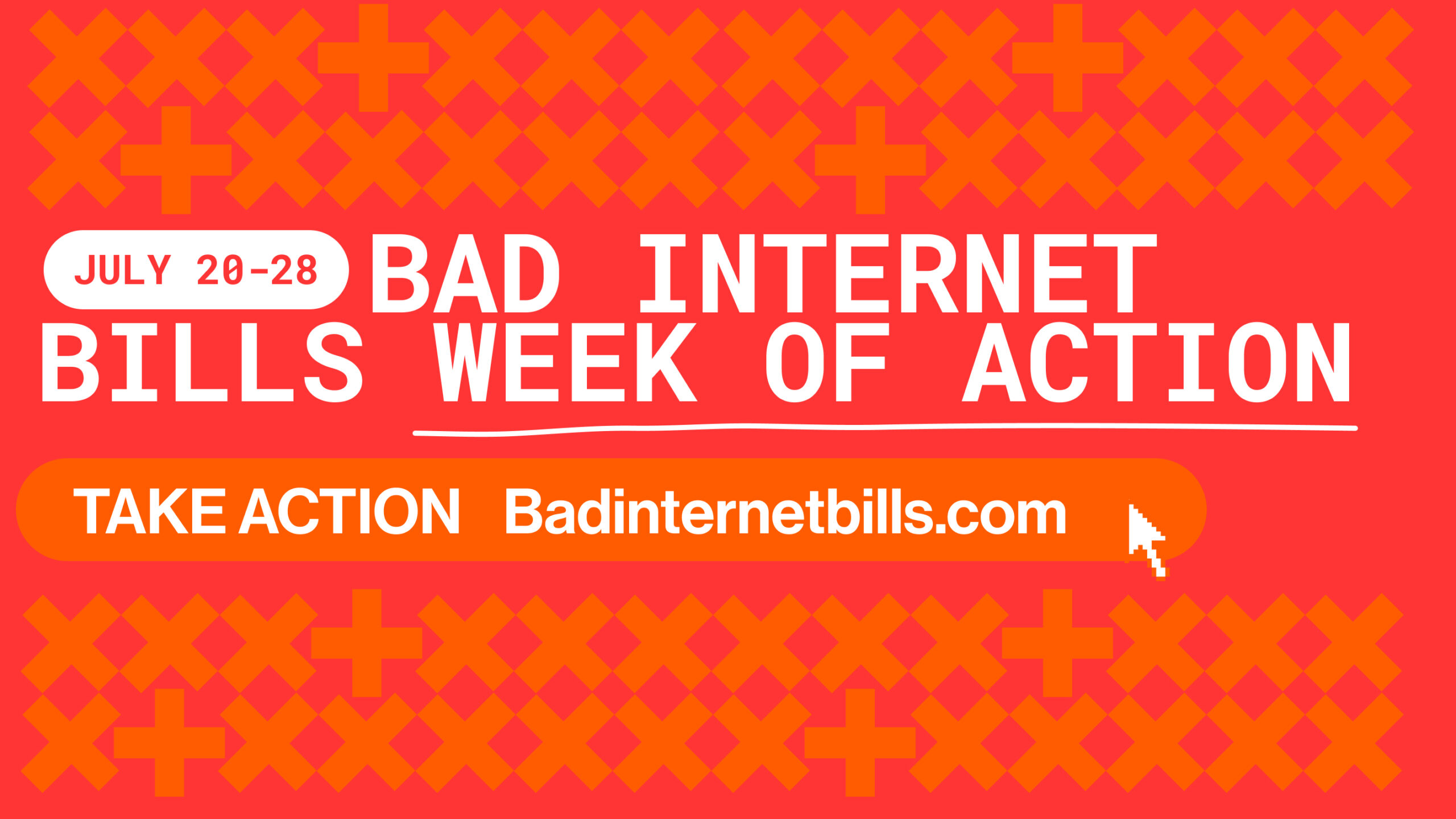The Nexus of Privacy
The Nexus Of Privacy looks at the connections between technology, policy, strategy, and justice. We’re also on the fediverse at @thenexusofprivacy@infosec.pub
- 15 Posts
- 27 Comments

 1·1 year ago
1·1 year agoTechnically yes but judges get annoyed if there’s absolutely no case, so they rarely do – and if they threaten when there’s no case, larger companies will look at it and say the threat’s not real.

 1·1 year ago
1·1 year agoThe law’s defintion of harm is extremely broad. Charlie Jane Anders has a good discussion of this in The Internet Is About to Get a Lot Worse:
“This clause is so vaguely defined that attorneys general can absolutely claim that queer content violates it — and they don’t even need to win these lawsuits in order to prevail. They might not even need to file a lawsuit, in fact. The mere threat of an expensive, grueling legal battle will be enough to make almost every Internet platform begin to scrub anything related to queer people.”

 2·1 year ago
2·1 year agoIn practice, when the AG threatens to sue and the law makes it clear that they’ll win (which KOSA currently does), companies will typically stop what they’re doing (or settle if the AG actually launches a suit)

 9·1 year ago
9·1 year agoYep. There’s money to be made here!

 10·1 year ago
10·1 year agoGreat point. Mike Masnick has said that he wouldn’t be surprised if Meta also comes out in support, for similar reasons.

 201·1 year ago
201·1 year agoTotally agreed that it opens things up to censorship in general and doesn’t actually make kids safer. Charlie Jane Anders’ The Internet Is About to Get A Lot Worse sets it in the context of book banning. The LGBTQ part is in the headlines because one big focus of the advocacy against it is highlighting that Democrats who claim to be pro-LGBTQ should not be backing this bill. This has been effective enough that Senators Cantwell and Markey both mentioned it in the committee markup, although it’s certainly far from the only problem with the bill.
Sec. 11 (b): Enforcement By State Attorneys General covers this. It’s hard to find – the bill text starts out with all the text removed from the previous amendment, and if you click on the “enforcement” link in the new table of context it takes you to the old struck-out text. It’s almost like they want to make it as hard as possible for people to figure out what’s going on!

 141·1 year ago
141·1 year agoThey get to position themselves as looking out for the children.

 211·1 year ago
211·1 year agoYes, exactly. For Senators who support LGBTQ+ rights and reproductice rights (or at least say that they do), focusing on the threat anti-trans AGs can be very effective; In Washington state, we put enough pressure on Cantwell last fall about the LGBTQ+ issues that she mentioned it in the hearing (as did Markey). 5calls and EFF’s scripts and emails are written to appeal to legislators from both parties (so just talk about the harms to kids and threats from state AGs in general terms), which makes sense for a one-size-fits-all form, but customizing it to your Senators’ priorities can make a lot of sense.

 2·1 year ago
2·1 year agoOh well, thanks for trying.

 4·1 year ago
4·1 year agoFrom https://www.stopkosa.com/
First, KOSA would pressure platforms to install filters that would wipe the net of anything deemed “inappropriate” for minors. This = instructing platforms to censor, plain and simple. Places that already use content filters have restricted important information about suicide prevention and LGBTQ+ support groups, and KOSA would spread this kind of censorship to every corner of the internet. It’s no surprise that anti-rights zealots are excited about KOSA: it would let them shut down websites that cover topics like race, gender, and sexuality.
Second, KOSA would ramp up the online surveillance of all internet users by expanding the use of age verification and parental monitoring tools. Not only are these tools needlessly invasive, they’re a massive safety risk for young people who could be trying to escape domestic violence and abuse.
Here’s more on how the Heritage Foundation says they’ll use it to censor LGBTQ content, and about how KOSA denies young people freedoms of expression and privacy

 1·2 years ago
1·2 years agoThis thread is talking about a US-based law, so I shared EFF’s perspectives on national IDs in the US. For a more international view, check out Why ID https://www.accessnow.org/campaign/whyid/ – which they’ve signed along with dozens of other civil society organizations.
It’s true that there are potential upsides of national ID systems as well as downsides. But as that Why ID letter says, “the scalability of digital identity programmes also makes their harms scalable. It is far from being proven that most digital identity programmes have brought additional benefits to users, without placing them at risk.” You’re right that private implementations have similar issues – data brokers and tech companies are as careless with data as government agencies are, and just as eager to abuse people’s privacy. But there are also some big differences: a national ID is mandatory, and the government has much more of an ability to put you in jail or deny you your rights.

 3·2 years ago
3·2 years agoWithin the privacy community, EFF’s viewed as pragmatists – far from absolutists or extremists. So I agree with @chakan2@chakan2@lemmy.world, it only gets regarded as extreme because big tech and the surveillance-industrial complex have normalized not expecting privacy.

 2·2 years ago
2·2 years agoThat’s one of the concerns. Here’s more, from https://www.eff.org/issues/national-ids
Mandatory national ID cards violate essential civil liberties. They increase the power of authorities to reduce your freedoms to those granted by the card. If a national ID is required for employment, you could be fired and your employer fined if you fail to present your papers. People without ID cards can be denied the right to purchase property, open a bank account or receive government benefits. National identity systems present difficult choices about who can request to see an ID card and for what purpose. Mandatory IDs significantly expand police powers. Police with the authority to demand ID is invariably granted the power to detain people who cannot produce one. Many countries lack legal safeguards to prevent abuse of this power.
Historically, national ID systems have been used to discriminate against people on the basis of race, ethnicity, religion and political views. The use of national IDs to enforce immigration laws invites discrimination that targets minorities. There is little evidence to support the argument that national IDs reduce crime. Instead, these systems create incentives for identity theft and widespread use of false identities by criminals. National ID cards allow different types of identifying information stored in different databases to be linked and analyzed, creating extreme risks to data security. Administration of ID programs are often outsourced to unaccountable companies. Private sector security threat models assume that at any one time, one per cent of company employees are willing to sell or trade confidential information for personal gain.

 25·2 years ago
25·2 years agoAgreed. At the Senate Commerce Committee hearing, both Cantwell and Markey said they had heard from a lot of consituents about the bill’s problems, especially for LGBTQ+ people, and that there’s work to do before going forward … so at least the pushback is getting noticed.

 1·2 years ago
1·2 years agoPresident Biden on KOSA: “Pass It, Pass It, Pass It”

 202·2 years ago
202·2 years agoPlenty of Democrats support this anti-LGBTQ+ bill – here’s the list of cosponsors. It really does have bipartisan support!

 14·2 years ago
14·2 years agoThat’s true, and legislation that passes in the US also influences legislation elsewhere. However quite a few people from outside the US have repeatedly asked for discussions of this and other legislation to include something in the title that indicates that it relates to US legislation, so I went with US-specific on this post.

 2·2 years ago
2·2 years agoThat’s pretty much how I look at it to. It might work, it might not … but you can’t win if you don’t play!

 2·2 years ago
2·2 years agoYeah, I’ve been telling people “good news: 25 comments on the article! bad news: almost all of them were about the acronym”. Oh well, we learn by doing. And as you say, a lot of people saw the acronym for the first time, and at least one person learned that two-spirt doesn’t refer to furries, so there was some useful education … it wasn’t my primary goal here but that’s never a bad thing.
Different terminology makes sense in different contexts – and from different people. For a lot of what I write, I want the resonance of queer’s charged history; other times, it might not make as much sense.













Back in December, they tried to get an even WORSE FISA extension bill through as part of the NDAA – without even a vote on it – and the pushback was strong enough that they abandoned the plan. In 2020 grassroots activism kept them from rauthorizing Section 215 of the PATRIOT Act . In 2015 grassroots activism kept them from doing a straight reauthorization of the PATRIOT Act. So there really is a track record of it being effective on this issue.
The key dynamic here is that both parties are split on the issue – progressive Dems along with Libertarian and MAGA Republicans all favor reform. So even representatives in a district that one party always wins have to consider the politics: Republicans wanting to keep their MAGA cred against MAGA challengers, Democrats facing progressive challengers (or progressive Dems who need strong support from their base against centrist challengers). Plus there are a handful of centrist Dems in purple districts who might vote the right way if it can pick up some Republican votes.